What happens to your body when you stop taking birth control
Just like when you first started taking birth control, stopping it can cause some noticeable changes.
Updated on April 24, 2024
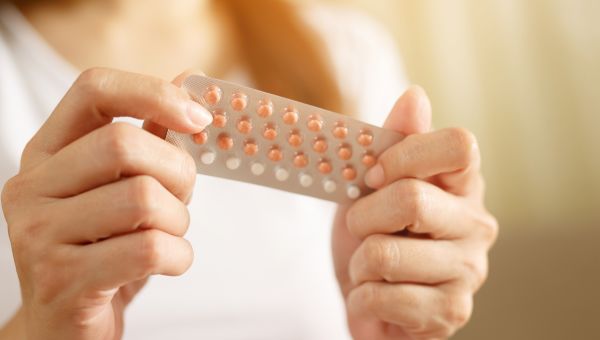
You might be familiar with the changes that take place when you start taking birth control for the first time. These may include bloating, less bleeding and pain during your period, and more regular menstural cycles. But when you stop taking combined estrogen and progestin hormonal birth control methods like the pill, rings, and skin patches, you may notice a few changes, too. Here's what to expect.
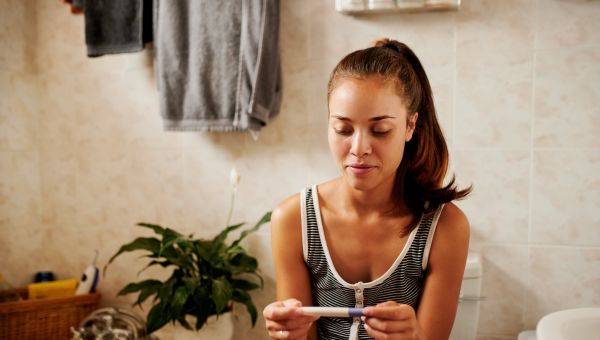
You can get pregnant right away
If you’re having regular sex after stopping birth control, it’s possible to get pregnant during the first month. “There’s a lot of misconceptions that it’s going to take a while for your body to go back to normal and for the hormones to get out of your system, but really, it only takes a couple of days,” says Jenny Buck, MD, an OBGYN in Trinity, Florida.
As long as you were ovulating regularly prior to taking birth control, once you stop using it, you should start ovulating again, Dr. Buck adds. A normal cycle returns for most people in one to three months.
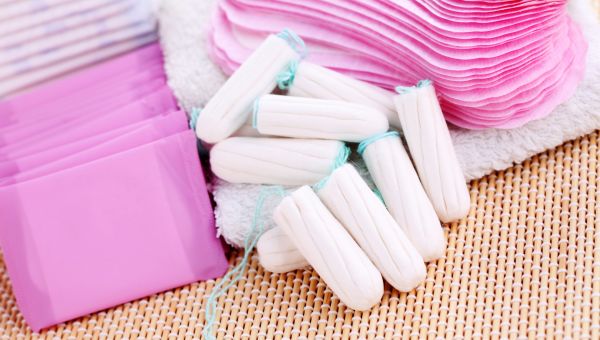
Your period will go back to the way it used to be
Buck says that for the first month or two without birth control, you may notice lighter periods. But for the most part, it should go back to the way it was before birth control.
“If your period was really heavy and long prior to being on the pill, it’s probably going to go back to being heavy and long after you stop taking it," she explains. Likewise, if you had irregular periods before you started taking birth control, you’re likely to have irregular periods after you stop, too.
Why does it take a month or two? “When you’re on birth control, the lining inside the uterus remains very, very thin and the tissue doesn't build up, so it's possible that it may take a couple of months to redevelop that normal endometrium or endometrial lining,” says Buck.

You may have an increased sex drive
“For many women, sex drive, or libido, is tied to ovulation,” says Buck. Your libido is present at other times, but it generally surges during ovulation. “Being on the pill inhibits ovulation, so going off the pill would increase a woman's sex drive.”
Specifically, the three-to-five-day window of ovulation is going to be the height of your sex drive.
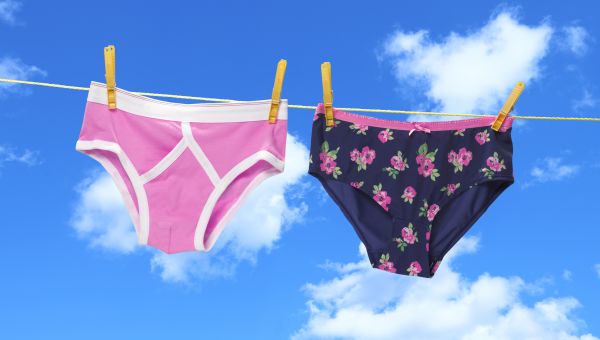
You may have more vaginal discharge than you did
Regular ovulation cycles bring vaginal discharge, so if you’re not ovulating because you’re on birth control, it’s likely you’re not going to have as much discharge unless you have some sort of infection. Once you stop birth control though, you’ll probably notice different types of discharge in your underwear, especially during ovulation.
“A lot of women will notice that around the time of ovulation, they have a watery discharge that can be pretty prominent,” says Buck. "Then after ovulation, during the luteal phase, the last half of the month, you'll often have more of a sticky, thicker discharge."
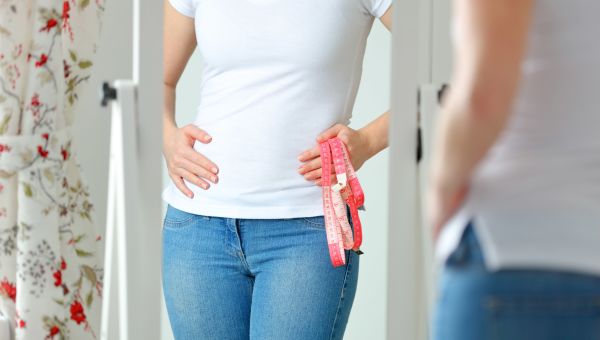
That weight you may have gained will still be there
There’s a longstanding belief that the pill makes you gain weight. But it turns out birth control probably isn’t to blame. You may notice some water weight in the beginning, but people who take the pill don’t gain any more weight, on average, than those who don’t take it.
Some people say that birth control stimulated their appetite, and Buck believes it might be possible. But if you did happen to pick up a few pounds, it won’t magically disappear when you stop taking it.
“It will be just like losing any kind of weight when you get off of it," says Buck. “It’s also possible that if you had a larger appetite on the pill, once you’re finished, you won’t eat as much. So, you’ll lose weight, but it’s not a function of the pill.”
More On


video

article

slideshow


video


video
